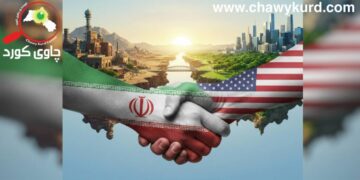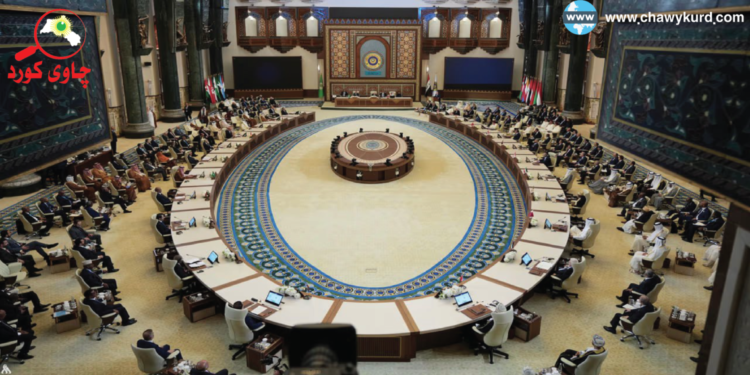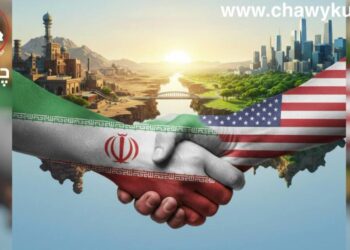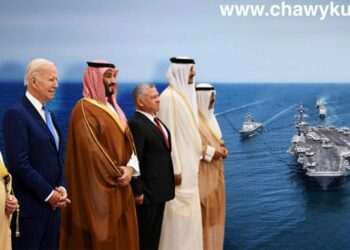“Iraq could replace Saudi Arabia, but it cannot compete with Syria”
In the context of recent geopolitical changes; On the one hand, Iraq was threatened with Israeli and US attacks because of the dominance of separatist militias. On the other hand, Syria’s de facto president, Ahmed Sharia, has become a prominent figure in the international equation from an extremist background, called a “terrorist” and wanted for millions of dollars. After the collapse of the resistance front in the region, Iraq is still breathing its last. Organizations and militias are vocal and still direct a significant part of Iraqi policy, which the United States opposes and has warned against.
Now these militias are inactive and do not attack Israel and US targets, but they are politically influential and cause problems for their opponents. At the same time as the Arab summit, at the beginning of the rumors of welcome, invitations and opposition to the authorities and the resistance front, Ahmad Shara, cautiously and skillfully, turned to Saudi Arabia and refused to come to Iraq. In the face of the Gulf League, which has marginalized Iraq and does not agree with the United States, the Sudanese government and its predecessors have failed to take advantage of the US alliance. In contrast, for Ahmad Shara, who has imposed himself, or has been imposed, for months after the fall of the Assad regime, he chose the table of the Saudi crown prince. Riyadh had much more to offer than Baghdad, the Arab summit. Despite the inclusion of the Arab summit, which several influential leaders were not present and withdrew. At a high international and regional level, Syria’s de facto president, Ahmed Shara, has benefited, as he achieved what he was not given a platform for in Iraq, while his participation in the Arab summit was opposed in Iraq.
While Iraq could have replaced Saudi Arabia and made Baghdad the center of Trump’s and US interests, Sharia met with Donald Trump with the congratulations of Turkish President Recep Tayyip Erdogan and Mohammed bin Salman; The US president who combines opportunities and demands at the negotiating table and imposes conditions. Similar achievements for Syria included, for example, the lifting of sanctions in exchange for several demands, including peace in the region and the withdrawal of foreign fighters.
However, for Sharia, Trump’s conditions on a respected platform such as Saudi Arabia were much better than on a busy platform of sectarian Iraq. While Saudi Arabia relies on partnership and has priority of the United States in the region, Syria is the winner and Iraq is expecting a clear direction while it would be unpredictable outlook.





























































